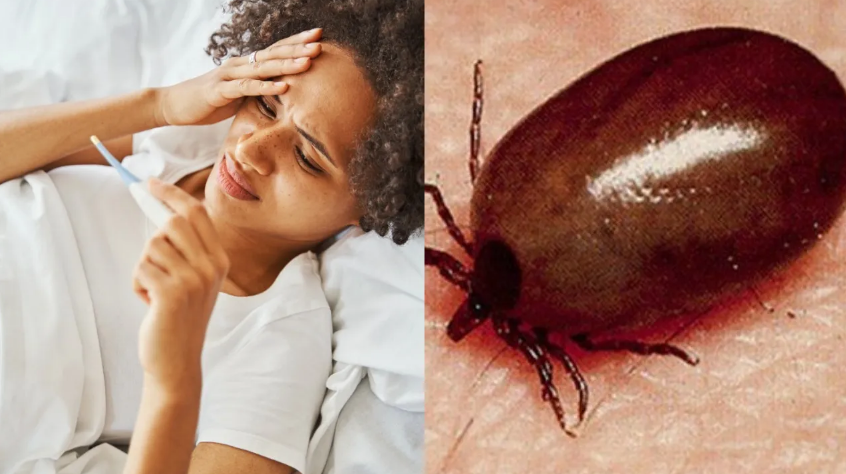The number of Scrub Typhus cases in Andhra Pradesh is rising sharply, prompting concern among public health officials. Medical experts caution that the infection, often mistaken for common fever, can become life-threatening if not diagnosed and treated in time, leading to a drop in platelet count and serious neurological and respiratory complications.
What is Scrub Typhus?
Scrub Typhus is caused by the bacterium Orientia tsutsugamushi, transmitted to humans through chigger larvae (mite-like insects). These insects commonly thrive in grasslands, bushes, forests, gardens and waste-filled areas. Farmers, gardeners and rural residents face greater risk of infection.
Symptoms and Mortality Risk
Symptoms typically appear 6–21 days after the bite, with most cases manifesting within 10–12 days.
Doctors warn that delayed treatment significantly raises the risk of death.
* If treated early: mortality rate remains below 2 percent
* If treatment is delayed: mortality rate may rise to 6–30 percent
Treatment Protocol
Antibiotics are the primary treatment for the infection.
* Doxycycline is recommended for all age groups, with recovery usually seen within 24–48 hours.
* Completing the full antibiotic course is essential to prevent recurrence.
* For pregnant women, Azithromycin is administered as an alternative.
District-wise Case Burden
Although cases are being reported across the state, the highest concentrations are recorded in:
* Chittoor – 379 cases
* Kakinada – 141 cases
* Visakhapatnam – 123 cases
Doctors note that many patients undergo dengue and malaria tests first, and Scrub Typhus is considered only later, resulting in delayed diagnosis. Shortage of diagnostic facilities in several government hospitals — particularly in rural belts — is further slowing timely detection.
Precautionary Measures
Scrub Typhus does not spread from person to person. Prevention relies on avoiding insect bites:
* Wear clothing that fully covers arms and legs when entering fields, gardens and bushy areas
* Use DEET or Permethrin-based repellents (Permethrin should be applied only on clothing)
* Prevent accumulation of waste and overgrown grass around homes
* Keep blankets, bedding and mats clean and sun-dried
Health experts advise residents to seek immediate medical attention if fever is accompanied by rashes or a black scab (eschar). Early diagnosis and timely antibiotics, they stress, are key to preventing complications and deaths.






